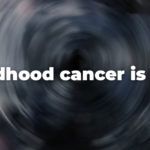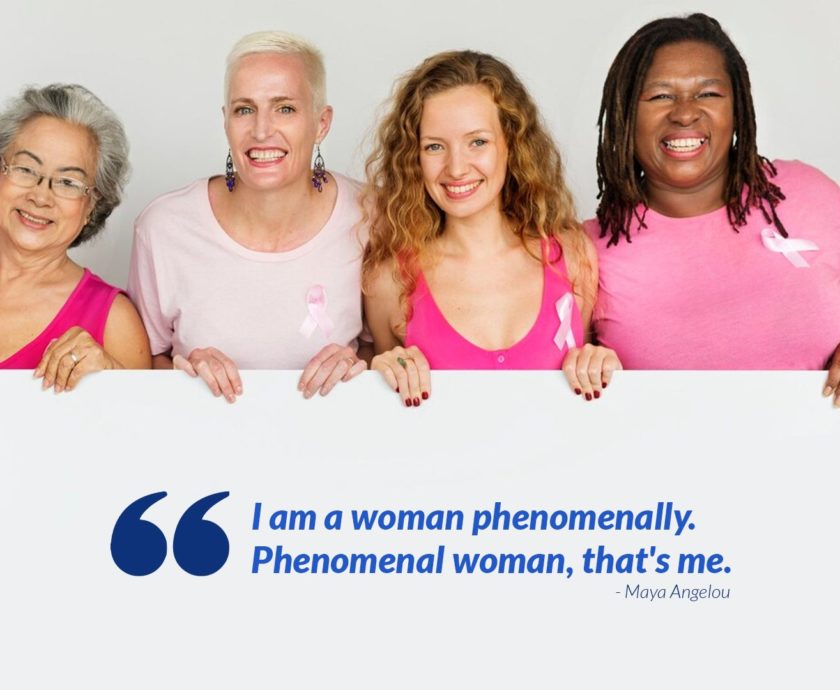Every October, FMCI stands together with the global community to raise awareness for breast cancer. Pink October is a reminder to take care of ourselves, to learn, to check, to support and to stand with those affected.
Breast cancer remains one of the most common cancers worldwide. Early detection greatly increases the chances of effective treatment and recovery. Screening, awareness and regular check-ups are key in improving outcomes. Many people still hesitate to seek screening because of uncertainty, fear, cultural silence or the belief that they are not at risk. Awareness helps us break these barriers gently and respectfully.
Breast Cancer Can Affect Everyone
Most breast cancer cases occur in women, but men can also develop breast cancer. Although less common, the signs and risks are real. Awareness among men is lower, which often leads to later diagnosis. Understanding the signs is important for everyone.
Breast cancer affects lives, families and communities. It is not only a medical condition, but also a shared human experience.
Recognising the Signs
Contact a healthcare professional if you notice:
-
A lump or thickening in the breast or underarm
-
Changes in breast shape or size
-
Skin texture changes such as dimpling or puckering
-
Redness, swelling or warmth
-
Nipple changes or unexpected discharge
There is no need for alarm or shame. Asking early questions is a sign of care for yourself.
How to Perform a Simple Monthly Self-Check
Perform a self-check once a month.
-
Stand in front of a mirror. Observe any visible changes.
-
Raise your arms. This stretches the tissue for better visibility.
-
Use three fingers to feel the breast and underarm. Make small circular motions.
-
Apply light, medium and firm pressure to feel different depths.
-
Repeat both standing and lying down.
Self-checking helps you get familiar with your own body. It does not replace medical screening.
Screening Matters
-
Women over 40 are encouraged to discuss mammogram schedules with their doctor.
-
Those with a family history may need earlier or more frequent screening.
-
Men with symptoms or known risk factors should also speak to a doctor.
Standing Together
Breast cancer is not faced alone. Many individuals, caregivers and families walk this path with courage and love.
During Pink October, we honour:
-
Those currently in treatment
-
Those who have recovered
-
Those we remember
-
The loved ones who support them
Every story matters. Every journey matters.
Pink October encourages us to care for ourselves and for each other. Learning, speaking openly and checking early can save lives.
Early detection is one of the strongest tools we have. Awareness is the first step.
FMCI is here with you, with compassion and support.





